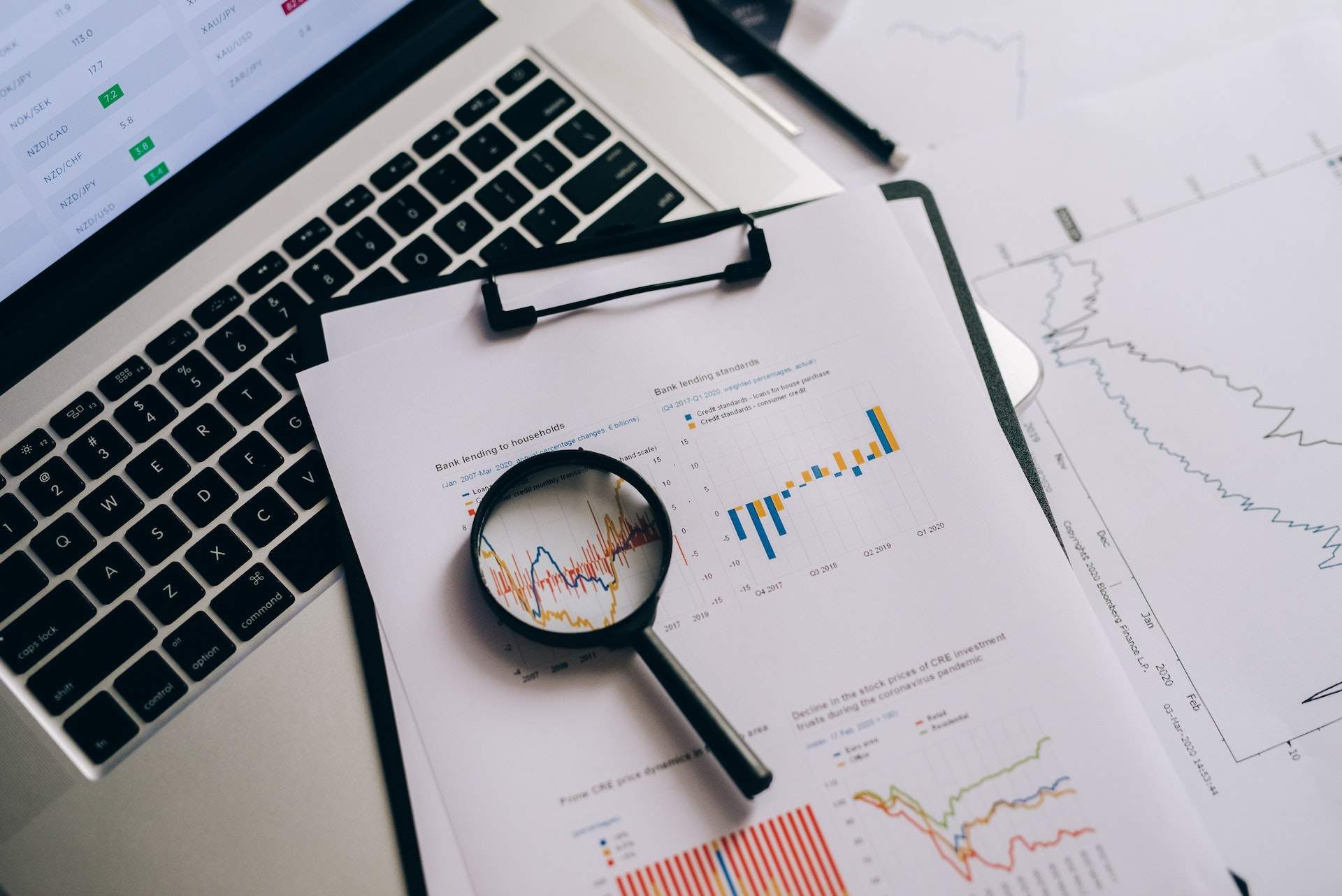
While it’s difficult to generalize, the due diligence processes that investors go through after they are introduced to a startup usually means trying to better understand the context and qualities of the startup. This can involve a few things:
1. Market research and traction
One of the biggest things investor look out for is the startup’s success, namely if it’s having any. After ensuring basic interest in the initial call or meeting, we ask startups for proof of traction. What we’re looking for is a spreadsheet that’s detailed and shows how the startup has developed over the past few months. They expect that the startup is already tracking their finances and metrics, so this information should be readily available. If it’s not, that isn’t a great sign.
Investors also might like to know some specific information about the startup’s business, like what technical framework they’re using, how they view competition, and perhaps their go-to-market strategy.
2. Reference checks
With the first step out of the way, we’ll need to then conduct reference checks. This stage of a due diligence deals with talking to people that the startup has worked with, people who have used the startup’s product or service, or people that would be interested in doing so. Existing network can provide potential customers, but the startup should be able to provide some existing customers for the reference checks. It’s a good idea to have 2-3 people ready and willing to spend time talking to the investors.
These people should be real customers and actually use the product or service, not just good friends who put in a kind word. The conversations will be polite, respectful, and positive, so don’t worry about sharing contacts.
3. Meeting the founders
Even in the current age of digital connectivity, meeting founders face-to-face is always best. These meetings can happen in the investor’s office or the startup founder’s, and it basically involves the founder going over their business and vision again, perhaps with more details. The startup will also meet more people from the team of investors, and the end goal is to see if all can work together in a constructive manner. This provides a meaningful opportunity to get some market insights and for the startup to review their strategy and vision.
4. Further due diligence
If both parties feel positive after the meeting, then a financial due diligence is performed. As with most early-stage startups at the seed stage, this mostly means that they will look at the startup’s commercial evaluations from the last few months, a subset of their contracts, and the technical framework and code behind the startup’s product.
Then comes agreeing on an investment case where both sides must come to an agreement. After this, the investment committee just needs to give an internal ‘all’s good’ and a signed term sheet can be sent.
5. Legal and payment
In the final stage of the due diligence process, the startup will be connected to the legal team. The legal team will work with the startup’s lawyer to complete and sign the long form agreements and further details. There shouldn’t be any significant discussions after this as key terms and their definitions have been discussed. One thing to note is that the long form stage usually has negotiations on the legal and commercial fronts. The investment is only official after the contracts have been signed, and term sheets are, by nature, non-binding.


